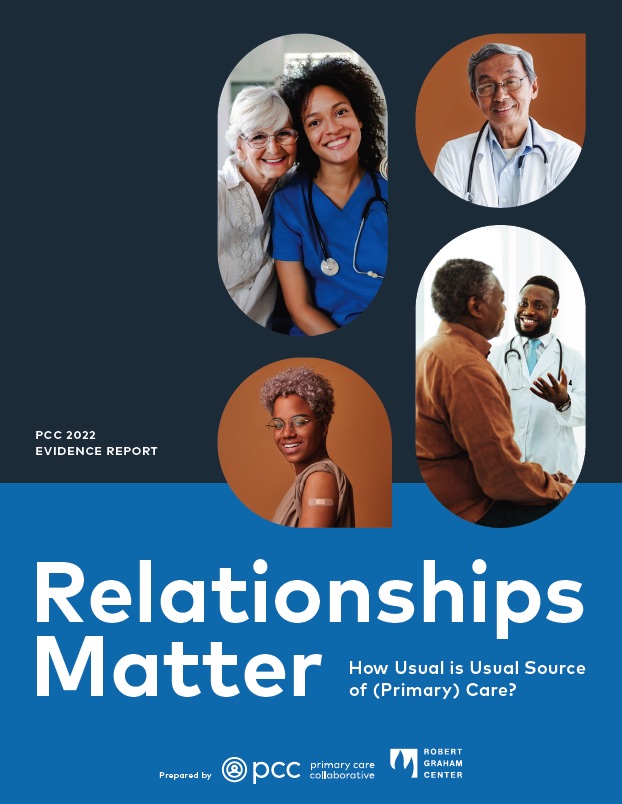The PCC sent a letter to the chair and ranking member of the U.S. Senate Labor, Health and Human Services, Education and Related Agencies Subcommittee and the chair and ranking member of the U.S. House of Representatives Labor, Health and Human Services, Education and Related Agencies Subcommittee on April 26 requesting dedicated funding for the Agency for Healthcare Research and Quality's (AHRQ) Center for Primary Care Research in fiscal year 2022. The center, authorized by statute in 1999 but never expressly funded, offers to contribute important knowledge to the delivery of high-quality primary care at a time when such insights are essential to the long-term health of the nation.




